Major U.S. companies are adjusting fast, but few are escaping the cost. President Donald Trump is preparing to impose sweeping new tariffs by 1 August, pushing the U.S. toward a trade regime unseen since the 1940s.
From canned food giants to tech exporters, the pressure is building. Conagra, which owns brands such as Hunt’s and Birds Eye, says inflation on tinplate steel is forcing it to raise prices. Nike expects to pay $1 billion in new tariffs this year and is already planning what it calls “surgical” price increases.
Fastenal, a U.S. industrial supplier, is now splitting shipments between Canada and the U.S., disrupting its supply chain. Yedi Houseware, a kitchen appliance importer, says it has paid more in tariffs this year than in the past decade combined.
Trump's policy has lifted the average U.S. import tax from around 2% to roughly 15%, the highest in more than 80 years. While some new deals are being struck — including with the UK, Vietnam, and Indonesia — U.S. allies are also looking elsewhere.
“The U.S. is no longer seen as the leader of the global trading system,” said Alan Wolff, former WTO deputy director general. “It will do what it wants, regardless of past obligations.”
That shift is visible on multiple fronts. European officials are now expanding deals with South America and the UAE. China is forging new ties with Europe. And U.S. companies such as Hewlett Packard are relocating production to Thailand, Vietnam, and Mexico.
The impact of tariffs extends beyond geopolitics. Inflation is back in focus. Treasury Secretary Scott Bessent claimed victory over “inflation propagandists,” yet consumer prices are rising — up 2.7% in June year-on-year.
Trump says the tariffs will restore U.S. manufacturing and end unfair foreign trade practices. But the data tells a mixed story. Factory construction is down. Manufacturing jobs have dipped. And companies such as Conagra and Fastenal are raising prices just to keep pace.
Some firms are using Artificial Intelligence (AI) and other tools to cut losses. Cardinal Health says it reduced its expected tariff costs from $450 million to $75 million by using smarter logistics and pressing suppliers.
But others feel cornered. Yedi’s CEO called his firm “collateral damage” and said the president’s claim that foreign governments pay the tariffs is false.
Trump’s strategy of unpredictability is driving a new global realignment. The U.S. is betting on pressure. But the world is already moving to adapt.
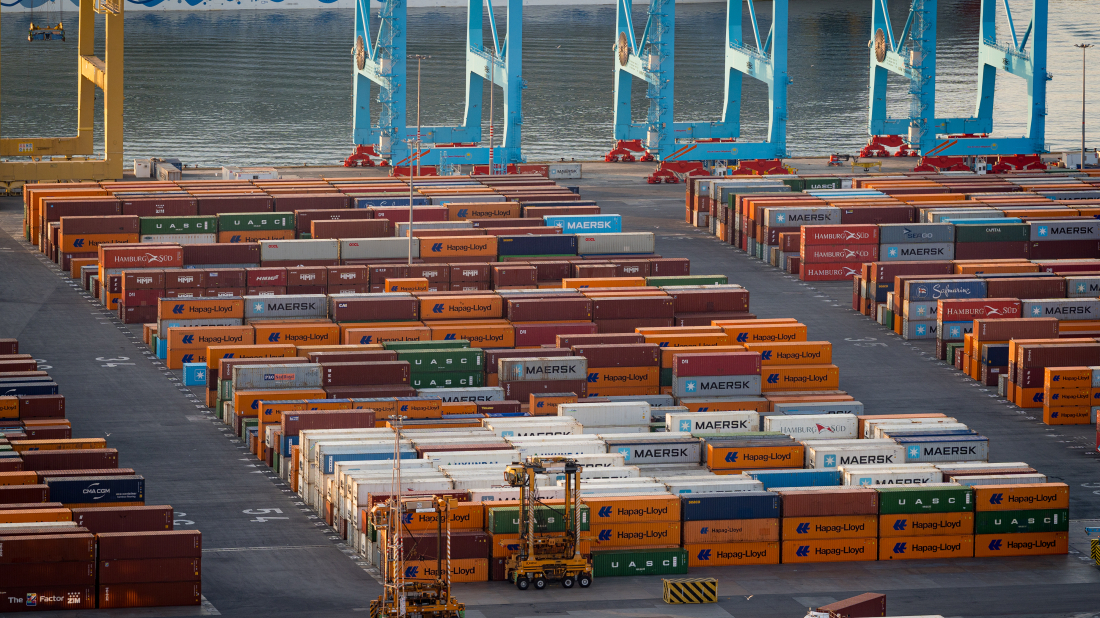
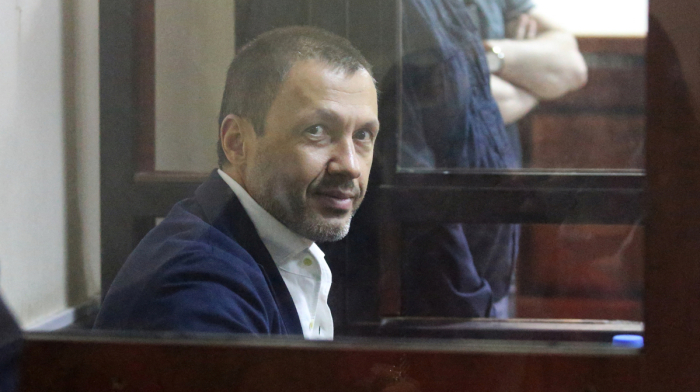
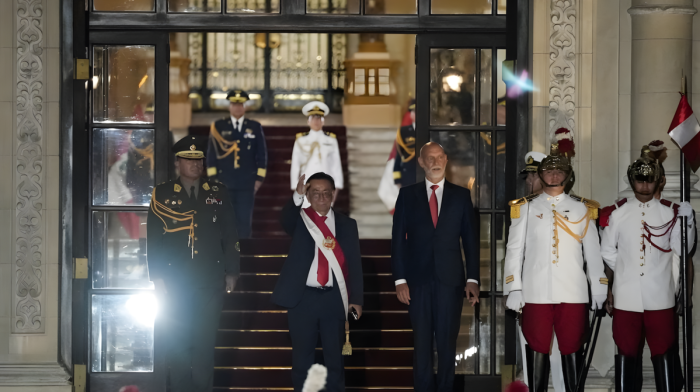
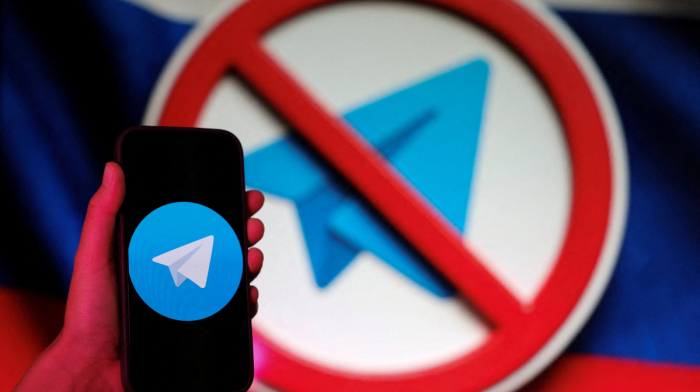
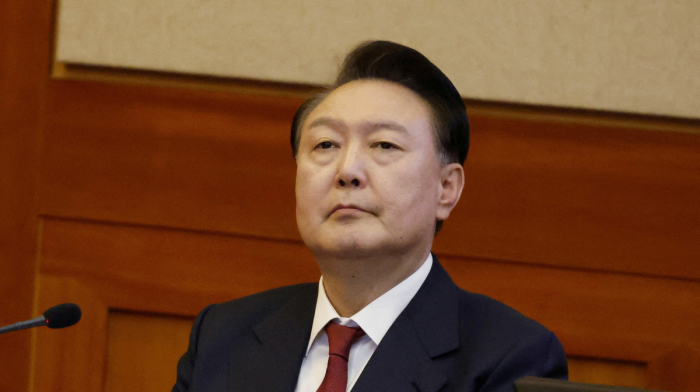
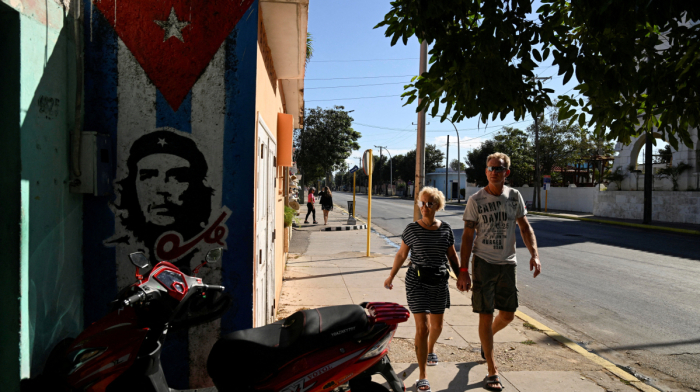


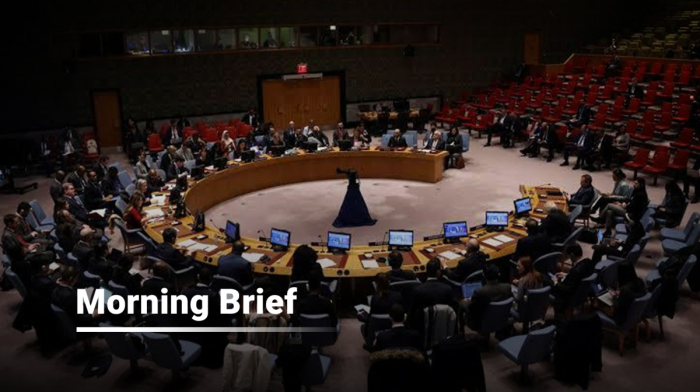

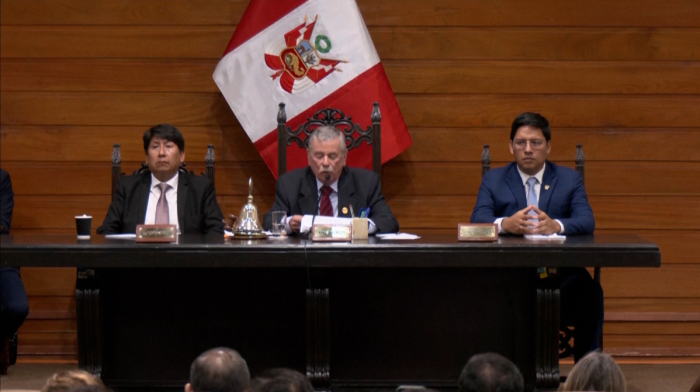


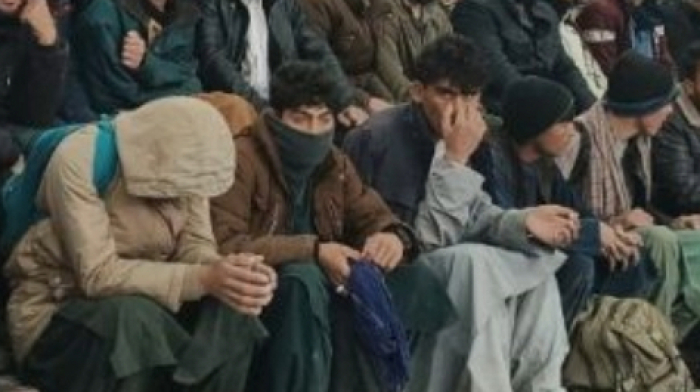



What is your opinion on this topic?
Leave the first comment